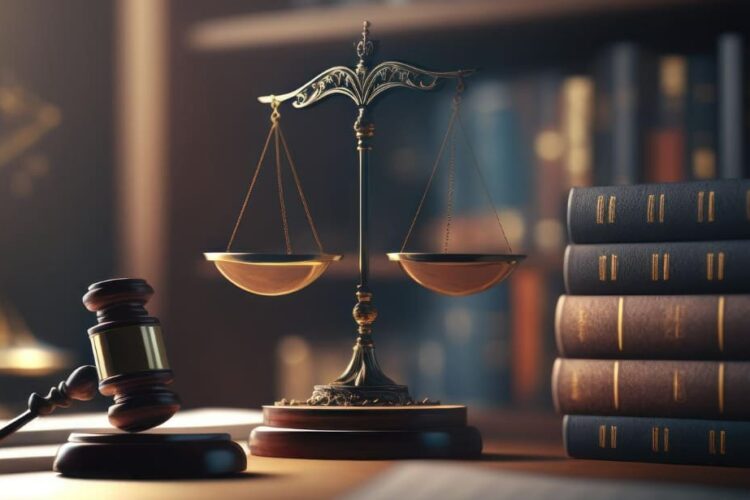The beating heart of the justice system lies in its meticulous record-keeping. These records are often intricate and dense. They hold the stories of legal battles. They’re about individual freedoms and the core principles of justice. Muskogee, Oklahoma, is no different. Its courts have a big archive of legal proceedings. They offer a valuable resource for those who know how to use them.
What Constitutes a Court Record?
Court records include many documents. Each plays a crucial role in the legal process. The records contain complaints and petitions. They also have responses and counterclaims. They have hearing transcripts, evidence exhibits, court orders, and final dispositions. They provide a clear account of legal proceedings. They ensure accountability and uphold the idea of open justice. They form the basis for appeals. They also aid legal research, historical analysis, and journalism.
Accessing Muskogee Court Records: Where to Begin
In today’s digital age, accessing court records is often easier than ever. The Oklahoma State Courts Network provides an online portal. It is called the Oklahoma Court Records Search (OCRS). It offers a centralized database for court records from the whole state. This invaluable resource lets people search for cases by party name. They can also search by case number or filing date. However, not all records are online. This is especially true for those deemed confidential or sealed by court order. The Muskogee County Courthouse is the main place to get physical copies of Muskogee court records. The Clerk of Court’s office maintains these records. They can provide copies upon request. Visiting the courthouse in person is more direct. But, it’s best to contact the Clerk’s office before. Confirm availability and any fees.
The Value of Court Records: Beyond Legal Proceedings
Court records are essential for legal pros and parties. But, their use goes far beyond the courtroom. They’re a great resource for genealogists tracing family histories. They also help historians. Historians use them to research past events. They also help journalists. Journalists use them to investigate possible injustices. And they help curious citizens. Citizens use them to find community information. Court records can reveal glimpses of the past. They shed light on old social, economic, and cultural trends. They can offer insights into local history. They reveal details about important figures, events, and the community’s evolution.
Navigating the complexities: seeking expert assistance.
Court records are more accessible now. However, the legal system is still daunting. The amount of information is huge. It has complex legal terms and procedures. It can overwhelm those unfamiliar with the law’s details. In such instances, seeking guidance from qualified professionals can prove invaluable. Experienced legal professionals can provide clarity on legal processes. They can help find specific documents and explain complex legal language.
Conclusion
Understanding Muskogee court records lets people engage with the legal system. They do so from a position of knowledge. People seek these records to sue, study, or just to learn. They offer a window into Muskogee’s justice. They show the transparency and accountability at the core of a fair legal system. It’s open to all who seek to understand its complexities.

